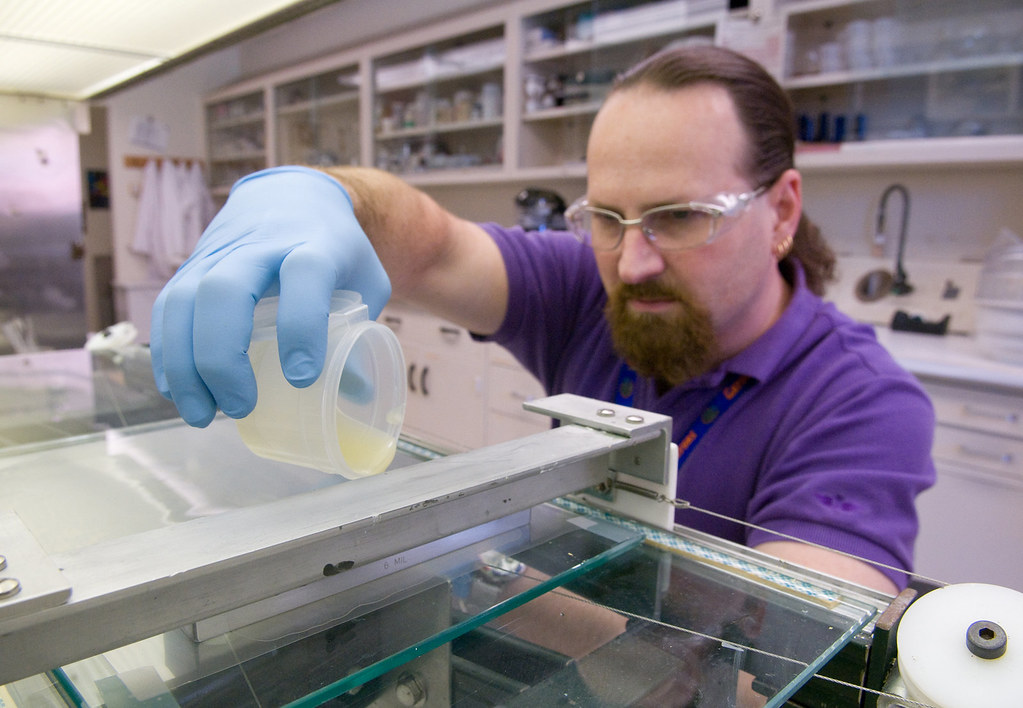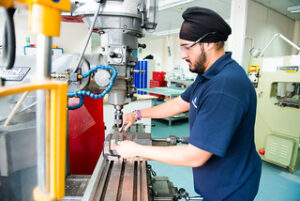Table of Contents
Introduction
Becoming a metallurgical engineer can open up exciting opportunities in the field of materials science and engineering. Metallurgical engineers play a crucial role in designing, developing, and improving various metal-related products and processes. If you aspire to be a metallurgical engineer in India, this comprehensive guide will take you through the necessary steps and qualifications to achieve your career goals.
How to Become a Metallurgical Engineer in India
Understanding Metallurgical Engineering
Metallurgical engineering is a branch of material science that deals with the study of metals and their properties. It involves the extraction, refining, and processing of metals to create new materials with specific properties. Metallurgical engineers play a crucial role in various industries, such as aerospace, automotive, manufacturing, and construction.
Educational Requirements
To become a metallurgical engineer, you need to start with a strong educational foundation.
Bachelor’s Degree in Metallurgical Engineering
Begin your journey by enrolling in a Bachelor’s program in Metallurgical Engineering from a reputed institute. The four-year program covers various aspects of metallurgical engineering, including materials science, mineral processing, and metalworking.
Master’s Degree (Optional)
While a Bachelor’s degree is sufficient to start your career, pursuing a Master’s degree can provide deeper knowledge and better career prospects. Many universities in India offer specialized Master’s programs in metallurgical engineering.
Entrance Exams for Admission
To secure a seat in a reputed institute, you may need to clear entrance exams.
Joint Entrance Examination (JEE) Advanced
JEE Advanced is a highly competitive exam for admission to prestigious engineering institutes like the Indian Institutes of Technology (IITs). Clearing this exam with a good rank can open doors to excellent educational opportunities.
Graduate Aptitude Test in Engineering (GATE)
GATE is another crucial exam for post-graduate admissions and job opportunities in engineering. Many institutions and companies consider GATE scores for recruiting metallurgical engineers.
Internships and Industrial Training
During your academic years, seek internships and industrial training to gain practical experience and exposure to real-world applications of metallurgical engineering.
Building Technical Skills
As a metallurgical engineer, you should possess specific technical skills to excel in your career.
Materials Science and Testing
Understanding the properties and behavior of different materials is fundamental to metallurgical engineering. Learn about material characterization techniques and testing methods.
Extractive Metallurgy
Study the processes involved in extracting metals from ores and other raw materials.
Physical Metallurgy
Explore the study of metal microstructures and the effects of processing on their properties.
Thermodynamics and Kinetics
Familiarize yourself with the principles of thermodynamics and kinetics as they apply to metallurgical processes.
Gaining Practical Experience
Apart from formal education, gaining practical experience is vital to becoming a successful metallurgical engineer.
Joining Research Projects
Participate in research projects related to metallurgical engineering to gain valuable insights and hands-on experience.
Industrial Work Experience
Work as an intern or apprentice in metallurgical industries to understand their operations and challenges.
Workshops and Seminars
Attend workshops, conferences, and seminars to stay updated with the latest advancements and industry trends.
Specializations in Metallurgical Engineering
Metallurgical engineering offers various specializations that you can pursue based on your interests and career goals.
Steel Technology
Focus on the production and application of steel in different industries.
Non-Ferrous Metallurgy
Specialize in working with metals other than iron and steel, such as aluminum, copper, and zinc.
Welding Technology
Learn about different welding techniques and their applications.
Corrosion Engineering
Study methods to prevent and control corrosion in metals.
Pursuing Higher Education and Certifications
Consider pursuing advanced degrees and certifications to enhance your expertise and credibility.
Ph.D. in Metallurgical Engineering
If you are passionate about research, a Ph.D. can open up opportunities in academia and advanced research.
Certification from Professional Bodies
Obtain certifications from reputed professional bodies to showcase your skills and knowledge.
Job Opportunities for Metallurgical Engineers
Metallurgical engineers are in demand across various industries.
Manufacturing Industry
Work in metal production and manufacturing plants to optimize processes and ensure product quality.
Research and Development
Contribute to cutting-edge research projects in material development and process improvement.
Mining Industry
Be a part of the mining industry, extracting valuable metals from ores.
Government Sector
Opportunities exist in public sector undertakings and government research organizations.
Academics and Teaching
Pursue a career in teaching and imparting knowledge to future engineers.
Salary Prospects and Career Growth
Metallurgical engineers can expect a competitive salary with attractive growth prospects.
Tips for a Successful Career
Networking
Build a strong professional network to stay informed about job opportunities and industry trends.
Continuous Learning
Stay curious and keep learning about new developments in metallurgical engineering.
Professional Memberships
Join professional societies and associations to connect with peers and experts.
Updating with Industry Trends
Stay updated with the latest trends and technologies in metallurgical engineering.
Challenges in the Field
Metallurgical engineering comes with its own set of challenges.
Technological Advancements
Keeping up with rapidly evolving technologies can be a challenge.
Environmental Concerns
Balancing industrial growth with environmental sustainability is crucial.
Conclusion
Becoming a metallurgical engineer in India requires dedication, education, and practical experience. By following the outlined steps, continuously upgrading your skills, and staying updated with industry trends, you can build a successful and fulfilling career in metallurgical engineering.
FAQs
Q1- Is a Master’s degree necessary to become a metallurgical engineer?
A- While a Master’s degree is optional, it can enhance your career prospects and expertise in the field.
Q2- What are the major industries employing metallurgical engineers in India?
A- Metallurgical engineers find opportunities in manufacturing, research, mining, government, and academics.
Q3- Can I specialize in a particular type of metal as a metallurgical engineer?
A- Yes, you can specialize in areas like steel technology, non-ferrous metallurgy, welding technology, etc.
Q4- Are there any entrance exams for admission to metallurgical engineering programs?
A- Yes, exams like JEE Advanced and GATE are common for admission to metallurgical engineering courses.
Q5- What are the challenges faced by metallurgical engineers in India?
A- Metallurgical engineers deal with technological advancements and environmental concerns in their field.




